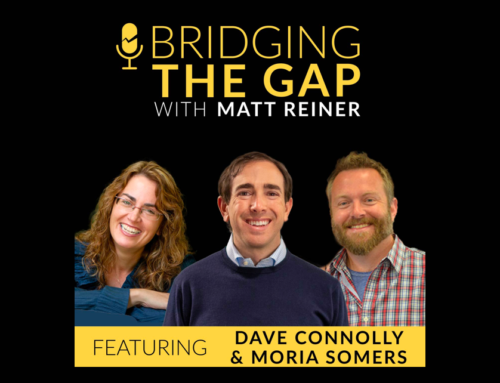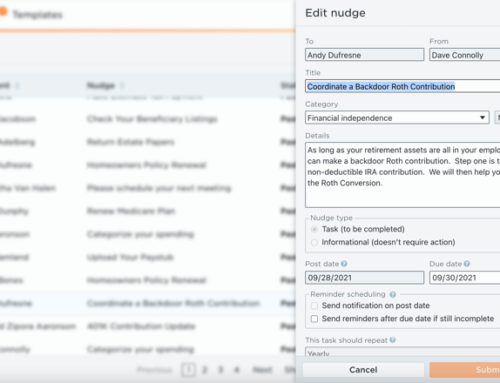Excerpt from “Millennials & Money” part of Accenture’s New Face of Wealth Management Series
Wealth managers are next up to feel the Millennial headwind. Born 1982 through 1995, this group is entering the investment scene in earnest. The good news is: This scenario brings opportunity for investment firms who can master the hybrid advice mix. Despite their love of all things digital, this tech-savvy group will still require the human touch and nuanced advice a human advisor can give— particularly in more complex investing situations. Combining that with the speed, low cost and mobility of robo-advice would allow firms to best serve Millennials moving forward.
Millennials are, by far, the most digitally savvy investor group overall, according to Accenture’s Wealth in the Digital Age Investor survey.
With their preference for technology-based interactions, they are bringing wealth management firms into a future rife with automation. This demographic sees traditional wealth management as a bureaucracy (which is not unlike how they see many large institutions and industries). While omni-channel service is touted as a boon, Millennials can view multiple channels as cumbersome—particularly when a company does not excel at communication between those channels. Three out of four customers expect to pick up where they left off when having to switch channels—not having to re-enter information or re-inform a human representative of their issue.2 Millennials, more than any other age group, see anything other than
a simple, straightforward customer experience as “friction.” They address this friction by taking charge of their own experience to drive their own outcomes.
It is not surprising, then, that investors in this age group are far more likely to feel that some of the most cutting-edge technology tools are basic requirements of a service offering, rather than a “nice-to-have.”
In addition to robust digital options, Millennials want control so they can create their own frictionless experience. According to Accenture’s research, half of Millennials want the ability to customize the look and feel of their apps, versus just 16 percent of Baby Boomers. The desire to customize extends to investment research and education materials, which five out of 10 Millennials like to tailor per their goals, versus three out of 10 Gen X’ers.
Traditional wealth management firms should up their digital game not only because Millennials demand it, but also because non-traditional competitors offer more in the digital arena. Almost half of Millennials (45 percent) are open to using alternatives like Google’s investment options, having grown up with tech brands at the center of their consumer lives.
But humans offer what technology cannot and as millennials age, life events become more complex.
Whether marriage, the birth of a business, inheritance or planning for children, the investing scenario becomes more nuanced. This is where a human advisor could really add value. Robo-advice, while efficient and cost-effective, cannot help clients sort through the maze of emotions when planning for a parent’s long-term care or starting a business with savings.
Millennials, as digital natives, are leading other generations in forcing industries of all types to re-examine their client service models.
With studies suggesting Baby Boomers are adopting new methods with money almost as rapidly as Millennials are,8 the impact of these digital natives on your entire client base becomes clear. All demographic segments are changing their wealth management expectations due to Millennials providing them a different lens to view their own situations.
Yes, Millennials change industries. Even if your firm is not prioritizing Millennials today, or ready to quickly pivot to digital, be warned—the high adoption rate for other demographic segments (such as Baby Boomers) of anything designed for Millennials cannot be ignored.
The industry expectations for all segments are being influenced by Millennials. The companies that listen early and often tend to be able to adjust their customer model to best serve this client segment. Those that don’t—well, let’s just say they make it easier for the Googles and Apples of the world to attract clients. The model has shifted already—is your firm leading in the new?















